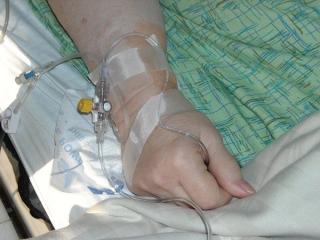
COVID-19
Latest News

Latest Videos

CME Content
More News

The World Health Organization warns that vaccines alone won’t protect health care systems from being swamped.
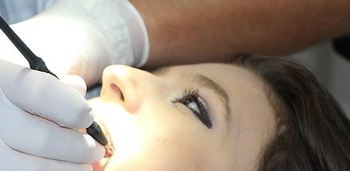
Dental instruments may not seem as invasive as the instruments used in medical surgeries, but they still pose the same dangers.
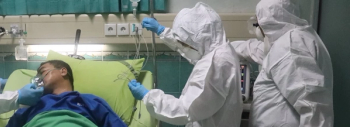
High-flow oxygen therapy reduced the need for mechanical ventilation and shortened the time to clinical recovery among patients with severe COVID-19, says the study.

Experts worry that the high infectivity of the Omicron variant of COVID-19 will further strain health care systems already dealing with Delta. Expect infection preventionists to be in the thick of it.
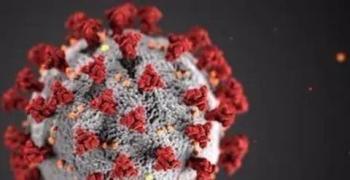
The only thing infection preventionists can do at this point is keep the hospital decision makers up to date daily on what variant is being seen in their area and how fast it is growing.
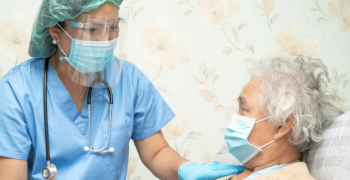
Having an infection preventionist on site or as a consultant to lead infection prevention and control training makes a difference. The ability to screen, isolate, or group patients can save lives. Ongoing testing of residents and staff is critical.

Only a small percentage of the Omicron variant of COVID-19 cases require hospitalization so far, but high infectivity may turn this small percentage into a large number of patients, which will further stress our health care system.

Initial clinical data out of South Africa suggest that patients with the Omicron variant of COVID-19 don't have severe illness.

Take 5 minutes to catch up on Infection Control Today’s highlights for the week ending December 10.
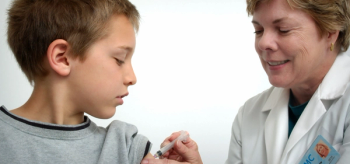
The debate over whether fully vaccinated should mean three shots hasn’t concluded, as the debate over the need for four doses begins.

In a small study, Omicron appears to ward off vaccines, but those vaccines still carry plenty of wallop against the variant, and boosters enhance protection, say experts.

The looming surge from the Omicron variant may well have a lower case-fatality-rate but its high infectivity will further strain our health care system and fill our hospitals.
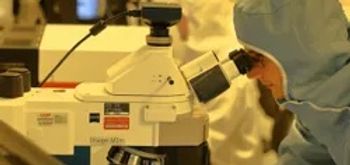
Three doses ought to offer ample protection from infection, the companies say.

Exactly how the new variant of COVID-19 fares against vaccinated people continues to be studied.

The number of mutations to the spike protein in Omicron suggests a very different evolutionary trail than had been seen in other iterations of COVID-19, say some experts.

If the infectivity, lethality, and immune avoidance of the Omicron variant is confirmed, it will be of utmost importance that all who can, become vaccinated. In addition, antiviral medications will become of prime importance.

Take 5 minutes to catch up on Infection Control Today’s highlights for the week ending December 3.

Vaccinations continue to be the key strategy. The administration is looking at ways to encourage adults to get booster doses, as well as opening family clinics to get children vaccinated, and adults booster doses.

Scientists have yet to determine the lethality and transmissibility of the Omicron variant.

Some epidemiologists reportedly posit that Omicron might be a way out of the COVID-19 pandemic if the variant’s symptoms are mild, as some initial reports indicate.
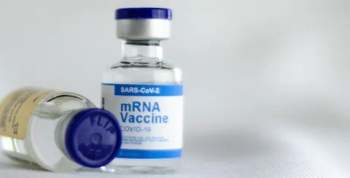
Booster shots are being pushed as a way to offer more protection against Omicron and hopefully ward off a fifth wave of COVID-19 in the United States.

Health care workers at facilities that treat patients who have Medicare or Medicaid coverage were required to get their first dose of a COVID-19 vaccine by this Sunday. Ten states asked for a temporary injunction and got it.

Although not much has been disclosed about Omicrom so far, its appearance made the WHO label it a variant of concern and caused a cascade of travel restrictions around the world.

Kevin Kavanagh, MD: “One person with COVID-19 can spend months in the ICU, which would prevent 10 or 20, non-COVID-19 cases from going to the ICU, whether it’s for a coronary bypass, or just angioplasty, or getting a cancer procedure. You have 10 or 20 times the number of patients that can’t get care for other serious illnesses.”

Perhaps another reason why pregnant women should get the COVID-19 vaccine? Investigators found COVID-19 infection altered the mothers’ immunity at delivery, and gestational COVID-19 exposure alters the immunity of the newborns.









